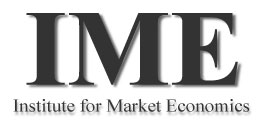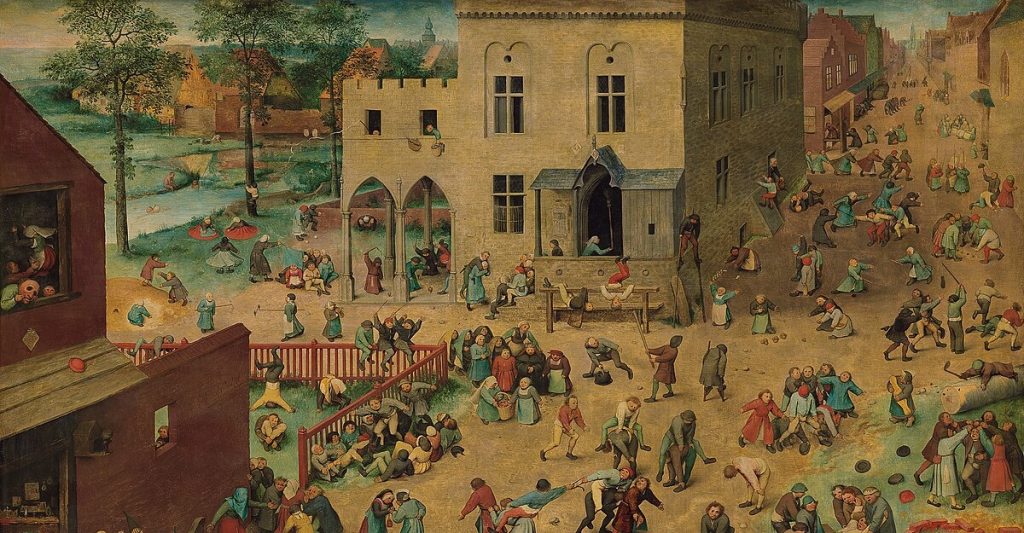
Economic Cost of Homophobia in Bulgaria
BY
IME / July 30, 2024
Bulgaria loses between 2.4 and 4.9 billion USD of additional GDP per year due to discrimination against LGBTI+ people, as estimated in a report[1] by the Institute for Market Economics (IME). Bulgaria\'s GDP could be 2.5% to 5% higher were there to be full acceptance and equality for LGBTI+ people, according to an estimate by IME based on the 2023 data.












